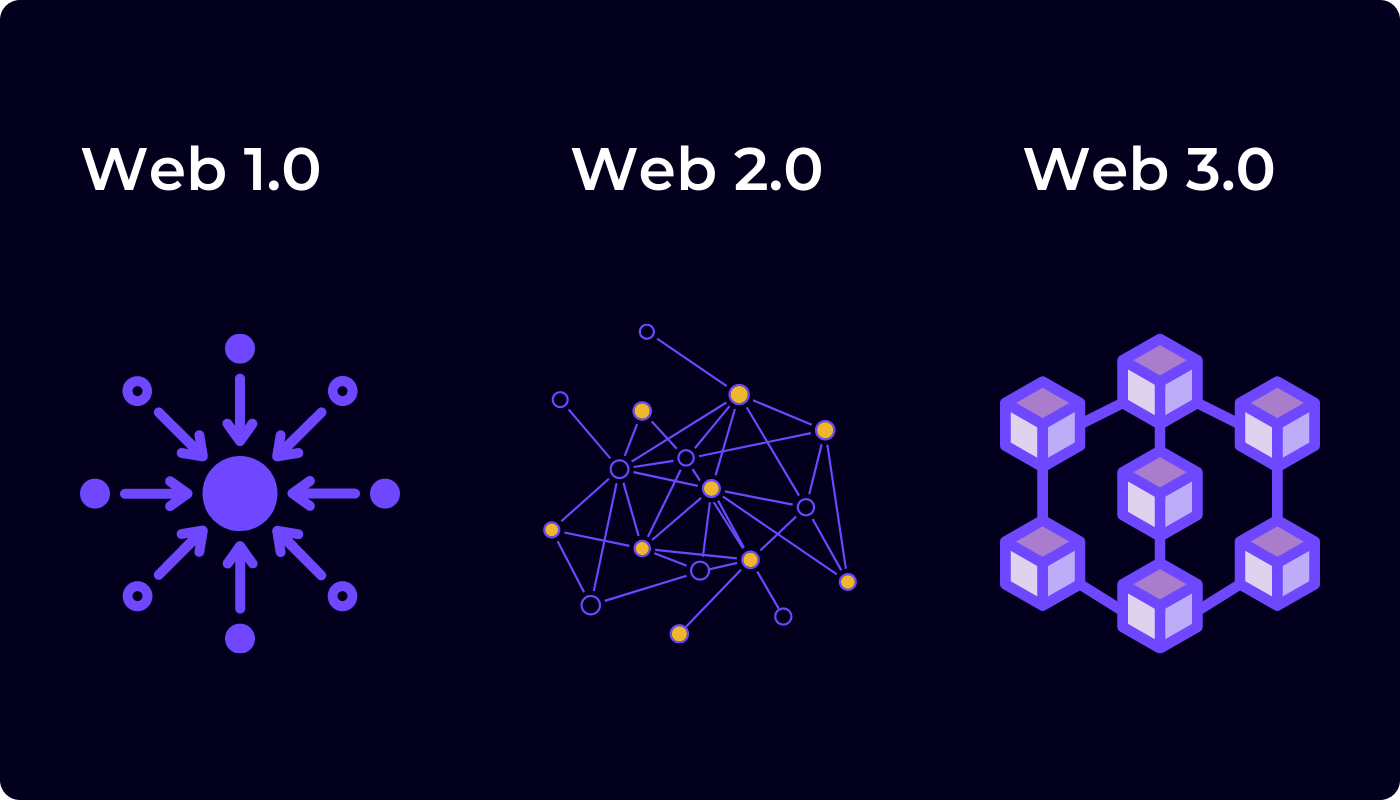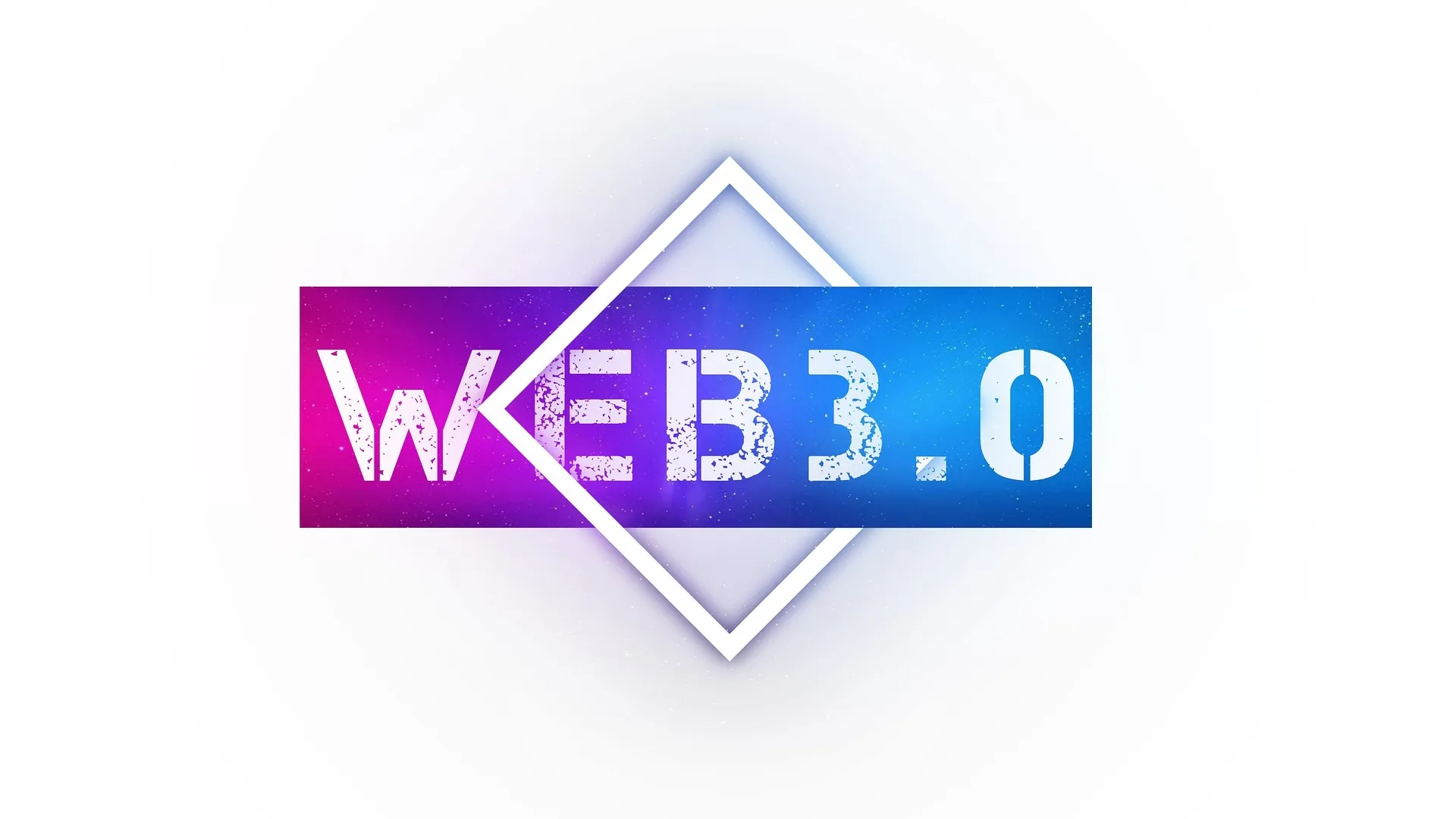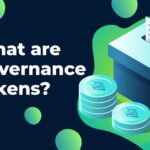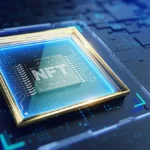In recent years, Africa has been experiencing a geometric progression in technology advancements. Web3 in Africa is a subtle result of the advancements in this technology. However, there are many things about web3 technology, but what will it do for Africa, and how will Nigeria be a pivotal effect of this technology in Africa? Compared to other technologies, Web3’s latest buzzword may initially seem confusing.
This article aims to help you comprehend and visualize how web3 has developed from its inception to the newest developments in its industry.
Table of Contents
What is Web3?
To provide us with a solution, we must first highlight the importance of web3 in Africa. Technology advancements made it necessary for tech enthusiasts to develop a decentralized data structure with intrinsic security properties based on the principles of cryptography to assure the reliability of transactions through the involvement of participants across a distributed network. It is now clear that we cannot ignore the parallels between Web3 and blockchain technology.
Based on blockchain in Africa, Bitcoin establishes a flat and decentralized network where every node is equal, the protocol is impartial toward transactions, and it drives innovations to the network’s edge. The same thing is happening with Web3, an innovation done without authorization. No one needs to be asked if you can post your application online. You don’t need to beg anyone to use your information technology to undermine a new sector utterly.
This evolution is gradually replacing the prominent tech giants. This is a call to action for Africa to take the lead in the digital revolution, particularly in Nigeria, which is home to many startups, developers, and business people. Web3 promotes a feedback loop that greatly benefits early adopters. The more quickly we accept the offer, the better our chances are in life.
Let’s quickly review the reasons why web3 in Africa is necessary. A proverb goes, “Necessity is the mother of invention.” What had occurred previously? Let’s dig in now!
The Web 1.0 and 2.0 versions of the internet were its earliest iterations. With web 2.0 as the successor, these two versions stabilized and gained strength. However, they became more centralized, which led to an increase in corruption. Hence the requirement for disruption, a need that gave birth to the development of web 3.0. See what the previous prior versions had to offer.

The Web versions
Web 1.0
After debuting in 1998, Web 1.0 was still active in 2015. It is thought to be the very first internet generation. Getting individuals access to information was a necessity that led to its establishment. It was read-only. Therefore it only provided this access to users. Contributions were not accepted, and discussions on the contents took place offline. The static material, which typically takes the form of text or images, was created by site developers. At the time, interactions and engagements were not games.
Web 2.0
Web 2.0, often referred to as the second generation of the internet, addressed the problems with web 1.0. The “read-write” version welcomed consumer input and contributions. It provided the capacity to develop ideas and convey them to others. Implementing campaigns for content engagement and other forms of content marketing started.
Tim O’Reilly and Dale Dougherty helped to make this version more well-known in 2004. Darcy DiNucci, who created the word, gave it its first appearance in 1999. The invention of smartphones facilitated the innovative idea of web2.0.
The authoritarian management of data by organizations like YouTube, Facebook, Twitter, and many more that had grown during the web 2.0 period created a need for the importance of Web3. This meant that we had no control over the maintenance of our data. Africa and the rest of the globe got concerned about these firms’ data manipulation and bias risk.
Subscribe to our YouTube Channel to watch how to scale through the new technologies.
In addition, when critiqued by expressions against their propaganda, governments take down the platform’s server. Hence the invention of blockchain in Africa and ultimately the full existence of Web 3.0 in Africa. The importance of web 3.0 in shifting the focus to a human-centric technology and expanding the range of human and machine interactions cannot be overstated.

Web 3.0 is changing the financial system
Fortunately, the government is now very interested in the technologies it initially fought. The innovative exploration of blockchain-based solutions across the continent will most likely adopt an informed viewpoint on the Web3 economy. Unfortunately, they discovered they could not transform this omelette into eggs. Non-governmental organizations are also actively working to increase Web3’s significance in Africa.
The web2 economy is dying, and a better, safer version is being ushered in with the web3 economy. Web3 refers to the version of the internet where there is no central node in charge and no need for centralized authority approval. Gavin Wood, a well-known computer scientist, created the term “Web3” in 2014.
Read Also: THE FUTURE OF CRYPTOCURRENCY IN NIGERIA
Importance of Web3 in Africa
-
Better Technology of Blockchain
The existence of the Web3 economy in Africa came with many goodies. With its first use case of cryptocurrency, Blockchain in Africa was the first demonstration of Web3 in Africa. However, this extends beyond the first use case as crypto investors and developers do not create the alone impact of Web3 in Africa.
However, its first use case using blockchain technology in Africa gave a lot of transformation in terms of transparency and control over their finances. Africans took cognizance of this and afforded themselves financial freedom and power. Before introducing cryptocurrencies, such as bitcoin, the government had totalitarian financial surveillance over people’s finances. You are a victim of this power as long as your money is maintained. But as Andreas M. Antonopoulos had written in the Internet of Money, “The dream of nation-states, to create a totalitarian financial system, died on January 3rd, 2009, with the invention of bitcoin and the mining of the genesis block.”
-
Better Internet Access
The Web3 economy brought to Africa a more secure method of internet access that did not cross a line in the right to privacy. Africans can now enjoy a customized browsing experience. Most tech behemoths had a method for collecting, cataloguing, and analyzing user data without their knowledge or consent. Africans now have complete ownership and control over their data thanks to Web3, which decentralized data.
Read Also: Introduction to Blockchain and Cryptocurrency for Nigerians
-
Safe Data Transfer
Data producers can now trade or sell their data without giving up ownership, risking privacy, or relying on intermediaries. In addition, you can log in safely and secretly over the Internet by using Internet Identity.
User data on the Internet is stored on a blockchain that belongs to everyone and is not controlled by Google, Facebook, or Tech giants.
-
Better Intra-Africa Trade
An intra-African exchange economy is possible in the economy of Web3 in Africa. Thanks to the ability to engage across borders, we will now be able to give financial and other services to billions of people who do not currently have access. In addition, with the Web3 economy, travel and shopping among African nations are easier.
Conclusion
It’s important to remember that only a small percentage of Web3’s alleged capabilities in Africa have been seen. However, to fully benefit from Web3’s significance in Africa, business owners, IT titans, and investors must fully encapsulate the Web3 economy. This phase of the internet will pass, so it does not settle to accumulate power beyond measure. However, Africans are determined to seize control of the advantages offered by this internet version. The radar has always been time, and time will tell.
We are organizing an event that centres on entrepreneurship and technology by November. Join our Whatsapp Community to get access to first-hand information about the event.
About Author
- I am David, a blockchain writer, and enthusiast. I am a content creator for blockchain and emerging tech. I work as a freelance content/copywriter and content strategist for blockchain, Web3, and NFT brands.
Latest entries
 TechnologyNovember 10, 2022What Are Governance Tokens, and Why Do They Matter?
TechnologyNovember 10, 2022What Are Governance Tokens, and Why Do They Matter? TechnologyOctober 25, 2022What is an ICO? How to Recognize ICO Scams
TechnologyOctober 25, 2022What is an ICO? How to Recognize ICO Scams TechnologySeptember 30, 2022What is DeFi, and Its Application to Banking?
TechnologySeptember 30, 2022What is DeFi, and Its Application to Banking? TechnologySeptember 12, 2022What is NFT Art, and Why Is It Popular?
TechnologySeptember 12, 2022What is NFT Art, and Why Is It Popular?

